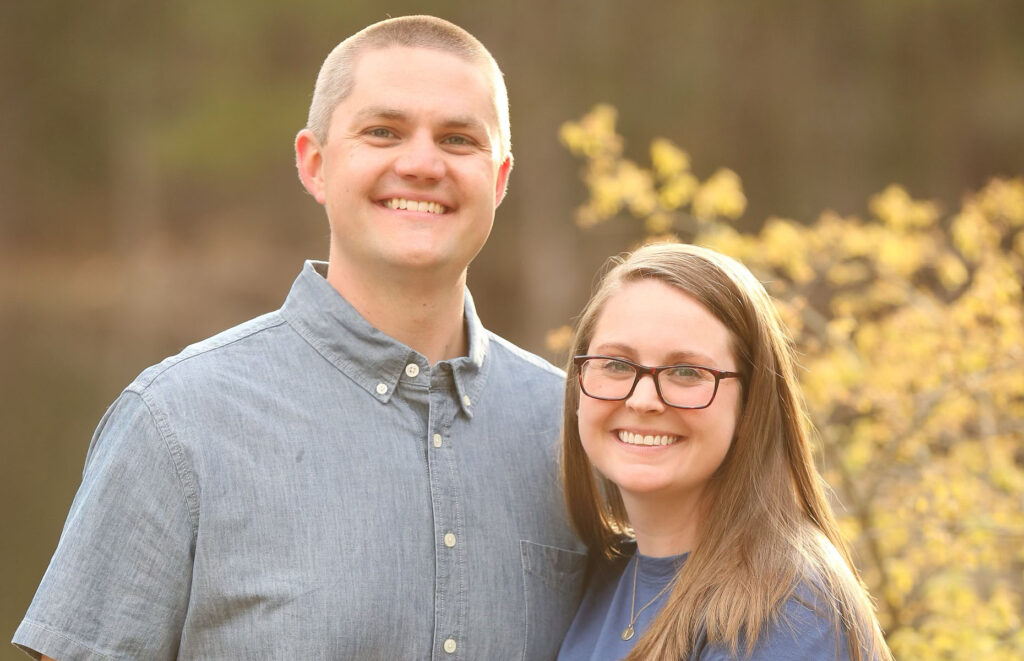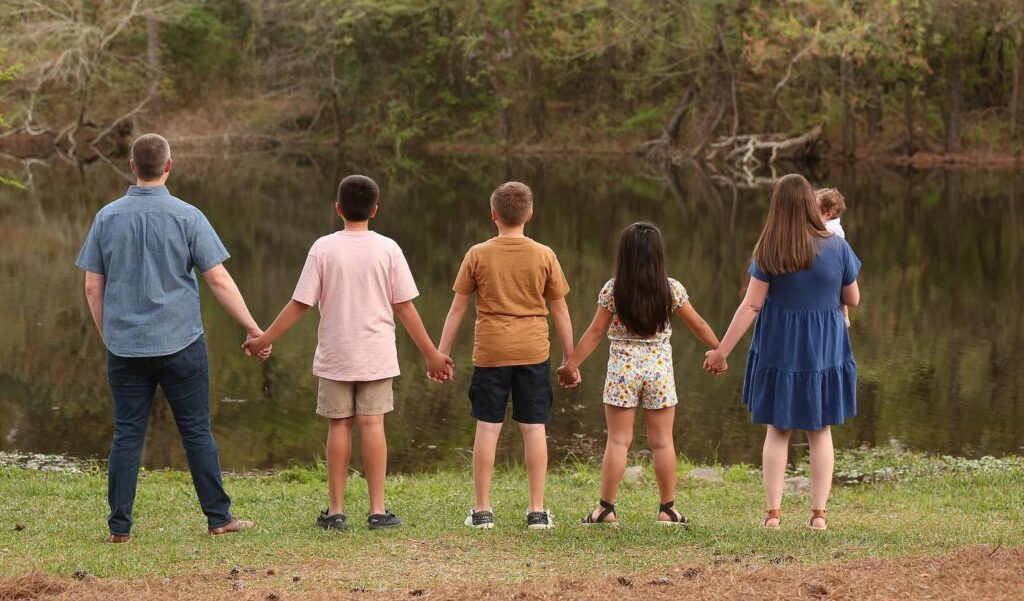Six Steps Towards Supporting Foster Families in the Church
Around six years ago, my wife Emily and I brought two beautiful little girls into our home through the foster care system. Not long after, we were blessed to adopt them into our family.
Our passion for fostering and adoption came from a few different places. We realized that adoption is a picture of the gospel for the world to see. James 1:27 says, “Pure and undefiled religion before God the Father is this: to look after orphans and widows in their distress.” This is important to God because it displays his sacrificial love for us.
Our passion was also practical. The need is immense in our state. There are around 4,000 children in care in our state, and there simply aren’t enough homes for them. Many spend several nights on the floor of a DSS office, forcing already overworked caseworkers to stay and leave their own families at home.
Throughout the process, we saw the need for the church to step in, and we desired to be part of seeing that happen. Church at Cane Bay consists of groups called Missional Communities, each owning a specific mission inside our community. Our groups were already active in foster and adoptive ministries in Summerville, but we wondered what it would look like for the church to be a support system for the foster care community. How could we come alongside families making great sacrifices? In answer to this, we started a Foster Care Missional Community and began to pray about how our church could engage with these families.
Here are a few things we learned along the way:
1. Listen
We have to listen to families who are doing the hard work of fostering. In creating a database of foster families in our community, we put together a simple Google form and asked them about their biggest needs and how the church could serve them. We created a Facebook group for foster families in our community to share needs and find community. It also gave us a place to ask how we can pray and support.
2. Encourage
These families face unique challenges daily, and the church needs to be a place where they find encouragement. From writing notes regularly to cards on the holidays, there are many simple ways to encourage them as they participate in God’s mission. We do spring and fall events, including a local corn maze and strawberry farm, to give our foster families some fun, free activities.
3. Challenge
Our churches and communities are full of people who can take steps to be engaged in the foster care system. What if our churches were leading the way in casting vision? How can we be a voice for these children for whom God cares so deeply? Orphan Sunday is a great place to highlight the need in your church. This year, Orphan Sunday is November 12. We even host Foster Care Info Nights that invite the community to learn about foster care. We have representatives from DSS, guardian ad litem, licensing agencies, and local foster care closets.
4. Support
The church also needs to provide support for foster families. From babysitting to providing meals, there are many ways to show support. When Emily and I first got our girls, our church took care of our meals for over a week. It made the load seem a lot lighter on us. We host Foster Parent Night Outs at our church, throwing a big party for all the kids and allowing the parents to get a date night. We also partner with Closet of Hope, a local foster closet, to do a Christmas Store each year to provide Christmas for all the kids in care in our community. Last year, we provided Christmas for almost 400 kids in care.
5. Partner
The church cannot do this alone. We need to partner with existing agencies, DSS, and other organizations that are experts in this field. We must remember we are not the only ones in our community that care about these families and kids. Together, we can do far more than we can alone.
6. Engage
All of these other ways are vital, but none of them beat the church getting directly involved. If each of our South Carolina Baptist churches had just one foster family, we would have more than enough homes for all the kids who enter care in our state. It is a blessing to see many families start fostering and individuals become Guardian ad litems through our journey.
The church must lead the way in foster care because we have a reason to lead the way – Jesus. When we were hopeless, He came and found us and made us a part of His family. Now He’s asking us to do the same for others. We have to step in for His glory and His gospel.



